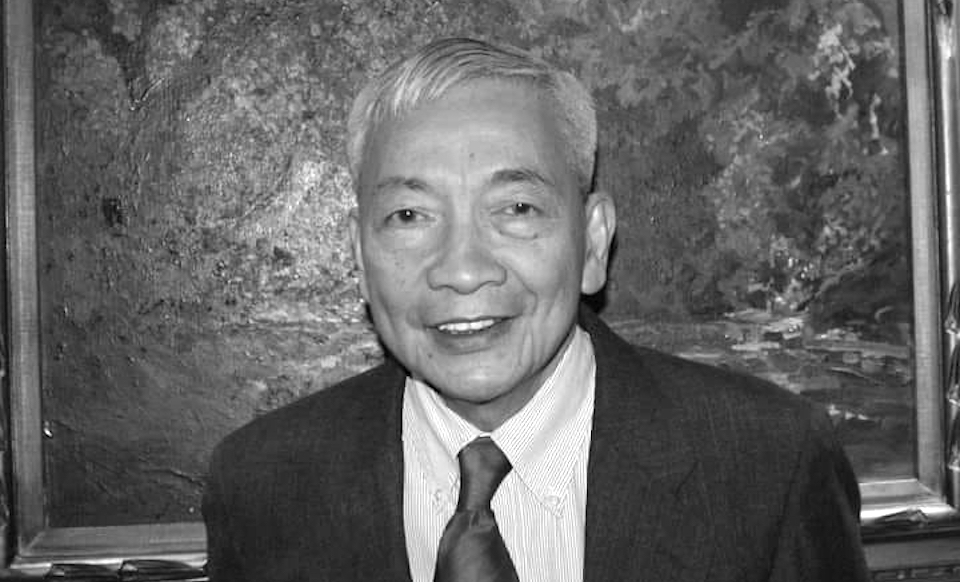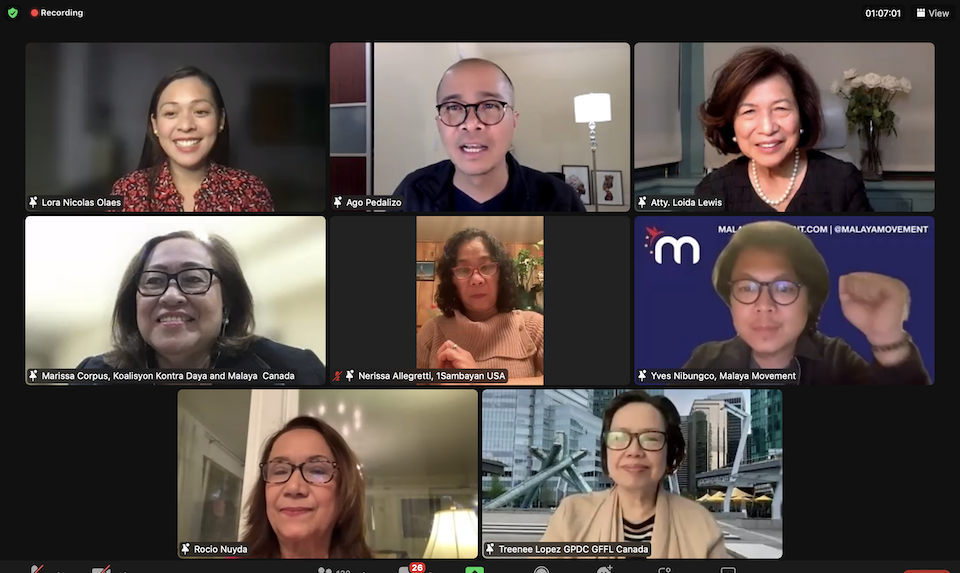 |
NEW YORK – New York City Mayor Eric Adams and New York City Department for the Aging (DFTA) Commissioner Lorraine Cortés-Vázquez today announced the distribution of an additional 1,000 free wi-fi equipped mobile tablets to older New Yorkers in an effort to bridge the digital divide and help connect them with city services. To close out Asian American and Pacific Islander (AAPI) Heritage Month and Older Americans Month, today’s tablet distribution was held at the Benjamin Rosenthal Innovative Senior Center in Flushing, Queens, which services a large Asian American community, and is part of a program that has now distributed 11,000 tablets to seniors across New York City, approximately 3,700 of which have been distributed since Mayor Adams took office in January.
“Age should not stand in the way of staying in contact with loved ones, or attending online social and educational programs, which is why giving away an additional free 1,000 tablets will help limit the social isolation that many older New Yorkers feel while narrowing the digital divide,” said Mayor Adams. “As we close out both AAPI Heritage Month and Older Americans Month, I know these tablets will help our elderly New Yorkers access the city resources that are vital to their health and well-being. The Department for the Aging should be commended for their good work, connecting 11,000 seniors across our city to tablets.”
“DFTA continues to put tablets in the hands of older adults and ensure they have the skills needed to utilize these tools. Many of us rely on technology to perform throughout our day to day and programs like this ensure communities are not being left behind,” said Deputy Mayor for Health and Human Services Anne Williams-Isom. “These wi-fi equipped tablets will reduce social isolation and ensure older adults stay connected to their friends and family.”
“Bringing tablets to older adults greatly increases their ability to access resources like those provided every day at older adult centers, which have created many innovative virtual programs over the past two years,” said DFTA Commissioner Lorraine Cortés-Vázquez. “Since the pandemic began, the number of older adults who have taken part in the online physical, art, and educational classes has increased, and we know going forward these online services will continue to play a major role in how we serve older adults, making this distribution even more important.”
The tablets being distributed today will help keep older adults connected and engaged, helping to reduce social isolation. In addition to having free wi-fi service until December 31st, the tablets come installed with Zoom, Gmail, and the NYC COVID Safe app, allowing residents to access DFTA and other city resources. Older adults will also be provided with free training on their new tablets at local senior centers and learn how to connect to DFTA virtual programs. During the distribution event, DFTA referred tablet recipients to the nearest senior center that is offering training on using the tablets.
“For years, I have been proud to lead the fight to increase access to the internet,” said U.S. Representative Grace Meng. “Back in 2019, way before the COVID-19 crisis began, I introduced legislation to create a grant program for schools and libraries to purchase mobile hotspots. And during the pandemic, I introduced another bill to create a special Emergency Connectivity Fund at the Federal Communications Commission for schools and libraries to purchase not only hotspots but modems, routers, internet service and internet-connected devices, and last year, I was thrilled that it was included in the American Rescue Plan. This $7.1 billion I helped secure is already helping more people get online, and much of this funding is currently providing internet service at many of our city’s schools and libraries. It is great to join Mayor Adams and Commissioner Cortés-Vázquez in distributing free mobile tablets to seniors in my congressional district, and I thank them for helping close the digital divide in New York City. I look forward to continuing to improve connectivity throughout our communities and neighborhoods. The internet is vital to our daily lives and all New Yorkers, from students to seniors, deserve access to it.”
“The digital divide is one of the many obstacles facing older adults in 2022. These tablets will help connect them to the information, resources, and services they need,” said New York State Senator Toby Ann Stavisky. “We are celebrating both AAPI Heritage and Older Americans Month, so both groups will benefit. I thank Mayor Adams and DFTA commissioner Lorraine Cortés-Vázquez for prioritizing our older Asian population during AAPI Heritage Month.”
“Social isolation and loneliness are serious and growing issues for older adults throughout New York,” said New York State Assemblymember Ron Kim, chair, New York State Assembly Committee on Aging. “For many immigrant communities, these problems can be exacerbated by cultural and language barriers. I would like to thank Mayor Adams and Commissioner Cortés-Vázquez for providing these tablets to older adults in Flushing, and for supporting measures to address the negative impact of isolation among older adults. As the Chair of the Assembly Aging Committee, I believe our state must do more to address the plight of aging New Yorkers, especially those who are aging alone, and while in Albany I plan to take whatever steps are needed to meet this challenge.”
“It is imperative that we close the digital divide among our city’s older adults and empower them with the tools necessary to stay connected to their family, friends, and online resources,” said New York City Councilmember Crystal Hudson, chair, Committee on Aging. “Over the last two years, we’ve seen the far-reaching effects social isolation can have on all of us, especially on our older neighbors. Today’s distribution is an important step for our city as we continue to strive to stave off isolation among older adults and keep them connected to loved ones with dignity and independence. As chair of the Aging Committee, I look forward to continuing to work with the Adams Administration and DFTA Commissioner Cortés-Vázquez to ensure we’re meeting the needs of all older New Yorkers, from digital literacy and technology programs to healthcare and transportation access.”
“During the pandemic, technology became a lifeline for us to stay digitally connected with family and friends when we couldn’t be with them in person,” said New York City Councilmember Sandra Ung. “In the AAPI community, the pandemic was — and continues to be — especially difficult for our seniors, who felt the isolation more acutely because they didn’t have the tools to stay in touch with loved ones or to access the services they so desperately needed. I want to thank DFTA for not just providing these tablets and free internet service, but also their commitment to provide free training programs, and invest in digital literacy so our seniors can make the most of their new technology.”
Today’s distribution of computer tablets was the last scheduled distribution as part of the free tablet initiative DFTA started in the fall of October 2021. The tablet distribution program’s goal has been to bridge the digital divide for older New Yorkers, who do not have an internet-enabled electronic device.
During the city’s lockdown due to COVID-19, older adult center services transitioned to virtual programming and over-the-phone services. Virtual programming allowed about 40,000 older adults to access important services and programs safely from their home. Providing older New Yorkers with the technological equipment they need will build on the success of virtual programming and help make it available to even more older adults.
In addition to keeping older adults engaged and digitally connected, the distribution initiative also achieves one of the goals outlined in DFTA’s Community Care Plan — a five-year plan to expand aging support services and help older adults age in their homes and avoid institutionalization. The Community Care Plan builds upon the success and lessons learned during the COVID-19 pandemic, such as the expansion of virtual services that kept many older adults active and engaged while they were staying home to avoid contracting COVID-19.
prnycgov220527




















